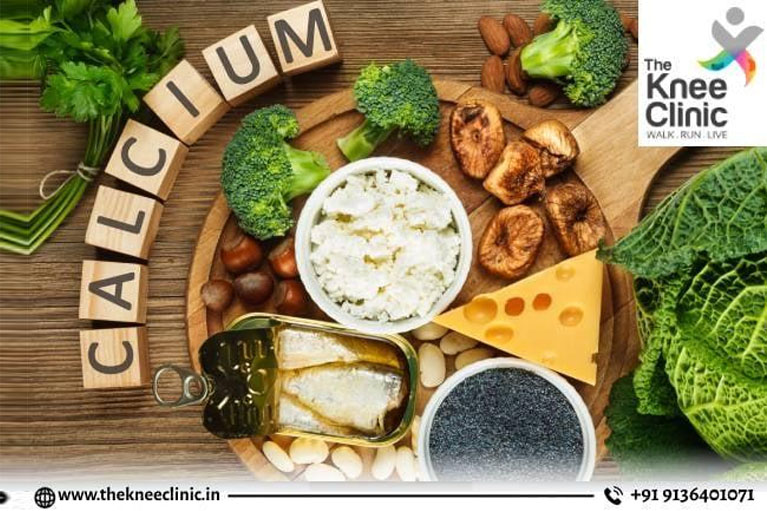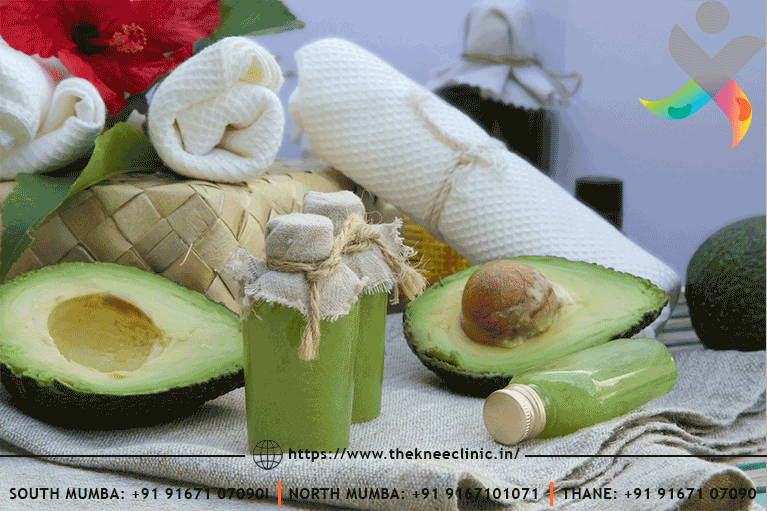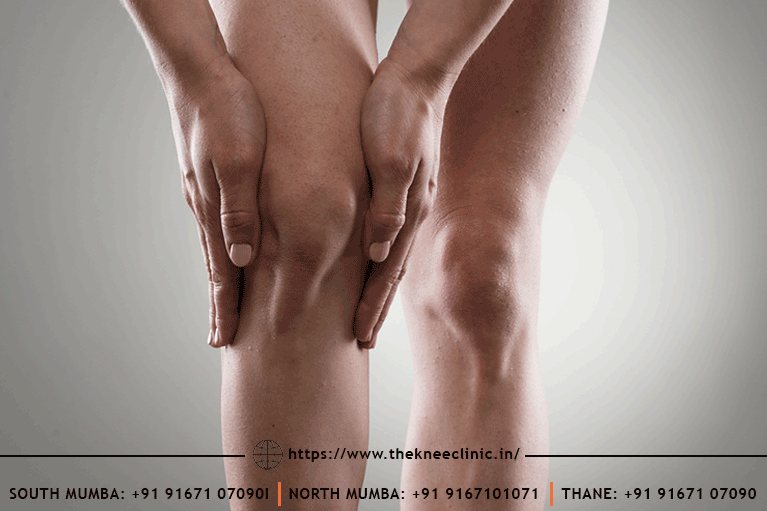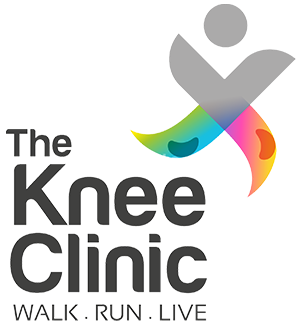What is Calcium and what does it do?

Calcium is a mineral that is necessary for life. About 99 percent of the calcium in our bodies is in our bones and teeth. Each day, we lose calcium through our skin, nails, hair, sweat, urine and feces, but our bodies cannot produce new calcium. That is why it’s important to get calcium from the food we eat. When we do not get enough calcium for our body’s needs, it is taken out from our bones.
How much Calcium do you need daily?
According to the Institute of Medicine, the recommended amount of calcium daily is:
- 1-3 years: 700 mg
- 4-8 years: 1,000 mg
- 9-18 years: 1,300 mg
- 19-50 years: 1,000 mg
- 51-70 years: 1,200 mg for women; 1,000 mg for men
- 71 and older: 1,200 mg
We now know that the peak (maximum) bone mass in our lives occurs around age 30, so it is very important in childhood and adolescence to have a healthy intake of calcium. After age 30, we start to gradually lose bone, and that loss accelerates for women at the time of menopause. It is essential to compensate for this bone loss with adequate calcium intake.
What kind of Calcium supplement should you take?
We recommend calcium carbonate because it is inexpensive, does not cause discomfort, and is a good source of calcium. Some people have problems making enough stomach acid, or maybe taking medications that suppress acid production. For them, a calcium citrate supplement might be better because it dissolves a little better than calcium carbonate. Other types of supplements like coral calcium, calcium plus magnesium are not necessary. But note that supplements that combine calcium with vitamin D, which is essential for the body to appropriately absorb calcium, provide an added benefit.
What Calcium supplement dose is best?
The body can absorb only about 500 mg of a calcium supplement at any one time, so you cannot just down a 1000mg supplement first thing in the morning and call it a day. Instead, split your dose into 2-3 servings a day. The best way to take it is with a meal; calcium is absorbed better that way. If your daily diet includes calcium-containing foods and drinks, you may not need multiple doses.
Can you take too much Calcium?
According to the National Institute of Health, the upper limit of daily calcium is;
- 19-50 years: 2,500 mg
- 51 and older: 2,000 mg
Calcium supplements rarely cause excessive calcium levels in the bloodstream. It does not hurt you, but it is not beneficial either. One exception is people who have a tendency to make KidneyStones. You might make larger and more frequent stones with unusually high doses of calcium.
Sources of Calcium
Food
Dairy products such as milk, yogurt, and cheese are high in calcium. Certain green vegetables contain calcium in smaller amounts. Some juices, soy milk, cereals, snacks, and breads have added calcium.
Supplements
The amount of calcium you need from a supplement depends on the amount of calcium you get from food. Get the recommended daily amount of calcium from food first, and supplement only if needed. If you get enough calcium from the foods you eat, then you do not need to take a supplement.
What is VitaminD and what does it do
Your body needs vitamin D to absorb calcium. Children need vitamin D to build strong bones, and adults need it to keep their bones strong and healthy. If you do not get enough vitamin D, you may lose bone quality and will be more likely to break bones as you age.
How much Vitamin D do you need daily?
- Under age 50: 400-800 IU (International Units)
- Age 50 and older: 800-1,000 IU
Vitamin D deficiency: Are you at risk?
Vitamin D deficiency occurs when you are not getting the recommended level of vitamin D over time. Certain people are at higher risk for vitamin D deficiency;
- People who spend little time in the sun, are homebound or working indoors
- People taking medicines that affect vitamin D levels such as certain anti-seizure medicines
- Dark-skinned individuals
- Older adults with certain risk factors.
Sources of Vitamin D
Sunlight
Your skin makes vitamin D from ultra-violet (UV-B) rays in sunlight. Your body is able to store the vitamin and use it later. The amount of vitamin D made depends on the time of the day, season, latitude, skin pigmentation, and other factors. The use of sunscreen is probably the most important factor that limits the ability of the skin to make vitamin D. Even an SPF (sun protection factor) of 8 reduces the production by 95%. Most Indians are usually completely clothed and do not get adequate exposure to sunlight.
Food
Vitamin D is naturally available in only a few foods, including fish. Vitamin D is also added to milk and to some other dairy products, orange juice, soy milk, and cereals. It is very difficult to get all the vitamin D you need from food alone. Most people need to take supplements to get enough of the nutrient.
Supplements
Before adding a vitamin D supplement, check if any other multivitamins or medications you take contain vitamin D. Many calcium supplements also contain vitamin D. There are two types of vitamin D supplements. They are vitamin D2 (ergocalciferol) and vitamin D3 (cholecalciferol). Both types are good for bone health.
Vitamin D supplements can be taken with or without food. You do not need to take vitamin D at the same time as a calcium supplement.
For Consultation, please contact #TheKneeClinic on ph +91 9136401071 or click on the website link
https://www.thekneeclinic.in/contact.php
Recent Posts
-
 Can the Coronavirus affect my bones and joints?08 Mar 2024
Can the Coronavirus affect my bones and joints?08 Mar 2024 -
 Should One Avoid The King Of All Exercises- SQUATS?08 Mar 2024
Should One Avoid The King Of All Exercises- SQUATS?08 Mar 2024 -
 Anterior Knee Pain in Athletes08 Mar 2024
Anterior Knee Pain in Athletes08 Mar 2024 -
 Managing Osteoarthritis From the Kitchen08 Mar 2024
Managing Osteoarthritis From the Kitchen08 Mar 2024 -
 What is gout?08 Mar 2024
What is gout?08 Mar 2024 -
 What is Rheumatoid Arthritis?08 Mar 2024
What is Rheumatoid Arthritis?08 Mar 2024 -
 Exercises07 Mar 2024
Exercises07 Mar 2024 -
 What is Calcium and what does it do?07 Mar 2024
What is Calcium and what does it do?07 Mar 2024
